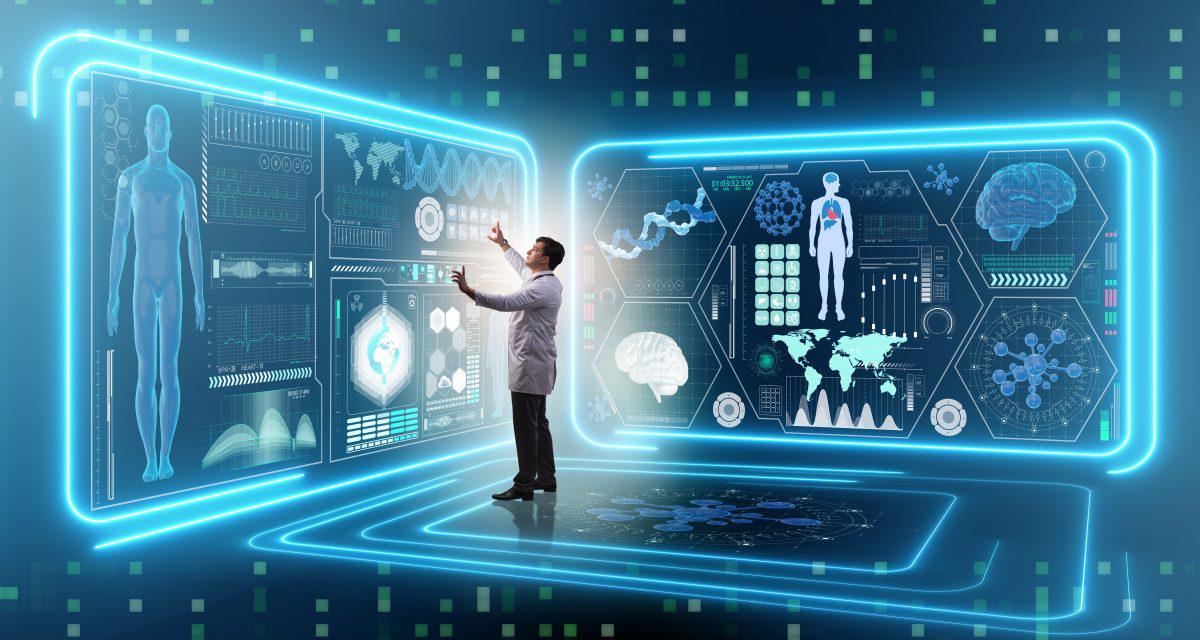

Artificial intelligence in health from structurely is already a reality, and new technologies can bring countless benefits to different sectors, including your clinic. Advances in telemedicine prove that it is possible to combine the modernity of new intelligent equipment with various medical processes, enhancing the quality of services offered to the patient.
However, many people still do not know the advantages of this innovation, failing to take advantage of efficient and modern mechanisms in their offices. Therefore, we have prepared a guide on artificial intelligence in health, with everything you need to know to implement this technology in your clinic as soon as possible.
What Is Artificial Intelligence In Health?
Artificial Intelligence (AI) is a branch of computer science that studies and develops devices capable of simulating human reasoning, perception, and decision-making. The subject has become popular in recent years, especially with technological advances that have allowed the creation of machines such as intelligent robots and complex programming systems.
In this sense, artificial intelligence in health is a subcategory of scientific studies aimed at the equipment that optimizes care, diagnoses, and treatments in health centers. For example, you may have heard about mechanical arms assisting in complex surgery or extremely modern MRI machines.
These and other mechanisms are born from artificial intelligence. Systems are programmed to simulate human capabilities and thus work to offer more technological health services. The first studies on the subject emerged in the 1990s, but artificial intelligence in health began to develop only in recent years.
However, it already presents significant advances and has successful operating devices in several segments.
What Are The Main Trends In Artificial Intelligence In Health?
There are several trends in artificial intelligence in health, including those already in operation in centers. The equipment offers different degrees of activity, from automatic check-up systems to intelligent machines that perform entire surgeries.
Currently, part of the studies is focused on the radiology sector, using equipment that speeds up the diagnosis of patients with greater precision and less time. For example, MRI machines that detect intracranial hemorrhages or smart CT scans use pre-programmed algorithms for faster diagnoses.
Thus, the primary trend is to offer quality services to the patient, reduce the probability of errors, and enhance treatments. In addition, artificial intelligence in health also works on information sharing systems with a comprehensive database, facilitating access by professionals.
By integrating different sectors and clinics, intelligent platforms from structurely can even analyze server data to detect occurrences that may have gone unnoticed. In this case, new studies are developed at all levels of health services, from the simplest to the most complex.












